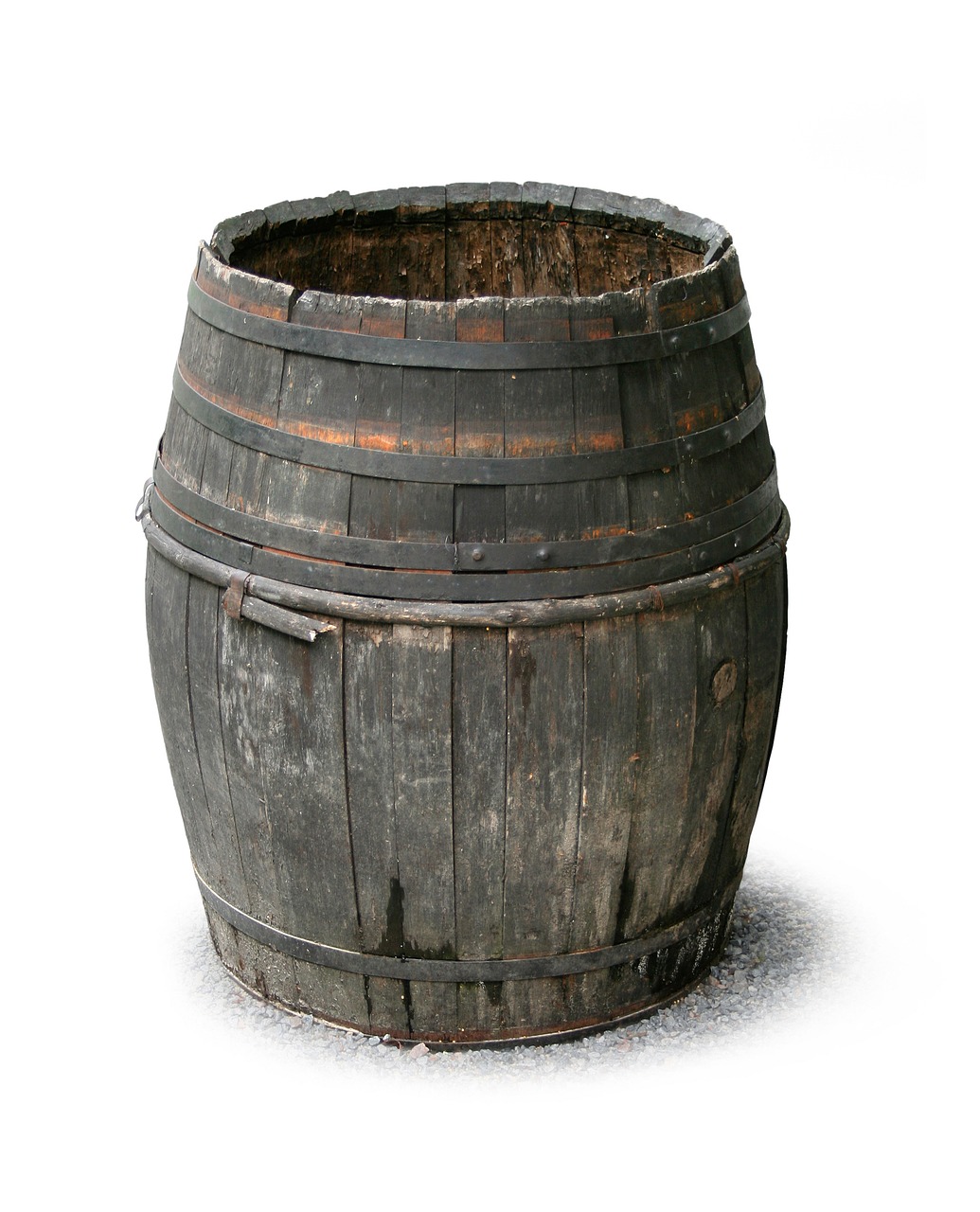Introduction to All-Grain Brewing
All-grain brewing is a method of brewing beer that involves using whole grains, such as barley, wheat, and rye, to create the wort, which is then fermented to produce beer. This method is considered to be more authentic and traditional than extract brewing, and it allows brewers to have more control over the flavor and character of their beer.
Importance of Grain Mills in All-Grain Brewing
A grain mill is a critical piece of equipment in all-grain brewing, as it is used to crush the grains into a coarse flour, known as grist, which is then mixed with hot water to create the wort. The quality of the grain mill can have a significant impact on the quality of the beer, as a poor-quality mill can produce unevenly crushed grains, which can lead to inconsistent extraction and flavor.
Best Grain Mills for All-Grain Brewing
There are several types of grain mills available, including roller mills, hammer mills, and stone mills. The best grain mill for all-grain brewing will depend on the specific needs and preferences of the brewer, including the type of grains being used, the volume of beer being produced, and the desired level of automation.
Equipment List
- Grain mill
- Malt
- Water
- Hops
- Yeast
- Brew kettle
- Fermenter
- Hydrometer
Step-by-Step Guide to Using a Grain Mill
Using a grain mill is a relatively straightforward process, but it does require some practice and patience to get the best results. Here is a step-by-step guide to using a grain mill:
- Prepare the grains: Before milling, the grains should be cleaned and sorted to remove any debris or impurities.
- Adjust the mill: The mill should be adjusted to the correct setting for the type of grain being used. This will depend on the specific mill and the desired level of crush.
- Mill the grains: The grains should be fed into the mill in a steady, consistent stream. The mill should be operated at a slow, steady pace to avoid overheating or damaging the grains.
- Monitor the grist: The grist should be monitored to ensure that it is being produced at the correct consistency and quality. The grist should be coarse and fluffy, with no signs of flour or dust.
Pro Tips for Using a Grain Mill
- Use the correct type of mill for the job: Different types of mills are better suited to different types of grains and brewing styles.
- Keep the mill clean: The mill should be regularly cleaned and maintained to prevent the buildup of dust and debris.
- Monitor the temperature: The mill should be operated at a temperature that is consistent with the type of grain being used. High temperatures can damage the grains or produce off-flavors.
Frequently Asked Questions
What is the best type of grain mill for all-grain brewing?
The best type of grain mill for all-grain brewing will depend on the specific needs and preferences of the brewer. Roller mills are generally considered to be the best option for most brewers, as they produce a high-quality grist and are relatively easy to use and maintain.
How do I adjust the mill to the correct setting?
The mill should be adjusted to the correct setting for the type of grain being used. This will depend on the specific mill and the desired level of crush. It is generally recommended to start with a coarse setting and gradually adjust the mill to a finer setting as needed.
